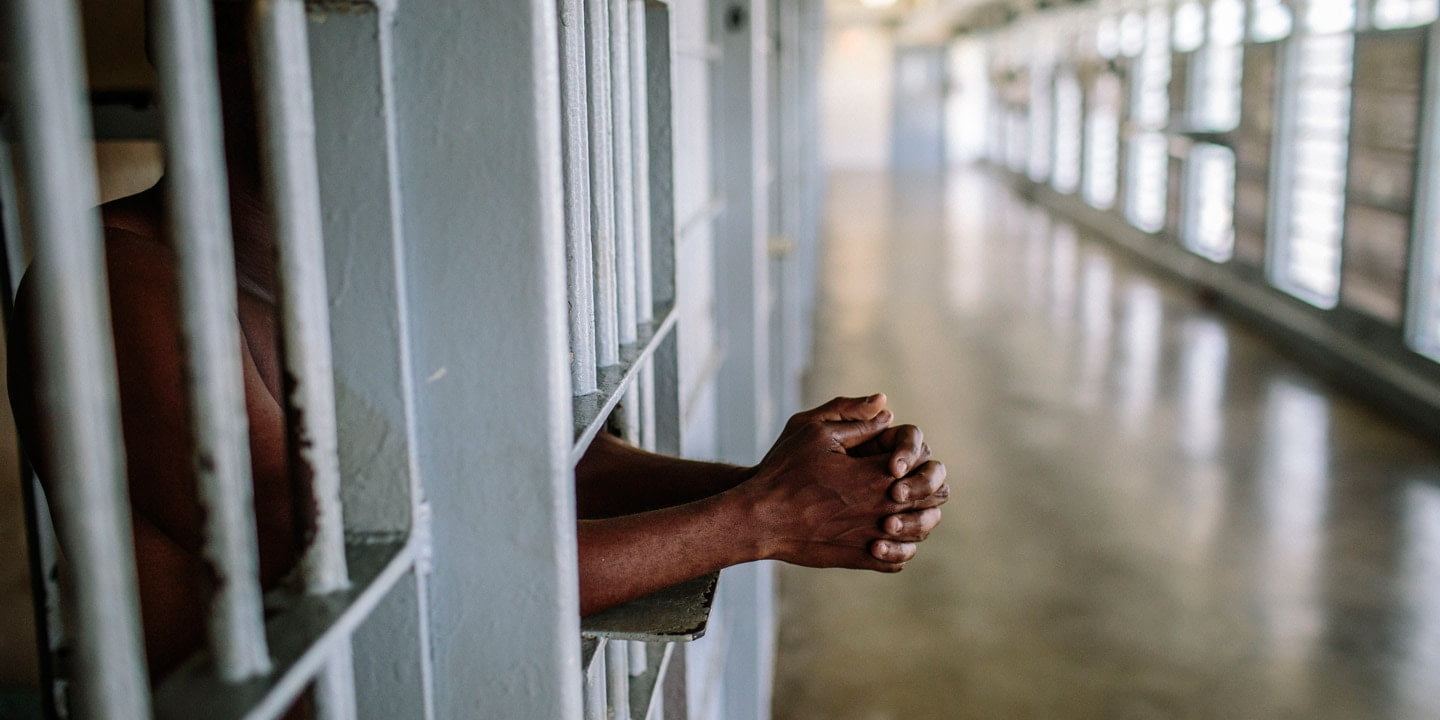Binance Executive Gambaryan’s Ordeal in Nigerian Detention
[dropcap]B[/dropcap]inance executive Tigran Gambaryan faced a harrowing ordeal in Nigerian detention, enduring solitary confinement, poor conditions, and legal battles.
Also read: Untold story of Binance executive’s descent into Nigerian prison (Part IV)
His troubles began when he was held at a guesthouse alongside his colleague, Anjarwalla. When Anjarwalla escaped, Gambaryan found himself alone, his phone confiscated, and his guards replaced.
Sensing trouble, he managed to call his wife, Yuki, and, for the first time in their 17-year relationship, admitted he was scared.
His fears were confirmed when Nigerian officials took him to the Economic and Financial Crimes Commission (EFCC) compound, not for release but for incarceration.
Placed in a solitary cell without ventilation, he endured extreme heat, cockroach-infested walls, and isolation. The only comfort in his cell was an old Posturepedic mattress on the floor.
Over time, Gambaryan relied on food from fellow detainees, as his former escort, Ogunjobi, became indifferent.
He taught an EFCC staffer chess to pass time, but mental and physical exhaustion took a toll.
Days into his detention, prosecutors added money laundering charges to his existing tax evasion case, escalating his potential prison time to 20 years.
His son turned five during his second week in detention, and he was briefly allowed a call home.
His daughter later revealed she had googled his case, learning the truth on her own. With little else to occupy his mind, he cycled between anger, regret, and emptiness.
Despite international attention, the Biden administration hesitated to intervene.
With Binance under scrutiny and US-Nigeria relations in flux, officials refrained from labeling Gambaryan as a hostage.
Efforts by his legal team to highlight the weakness of the case against him fell on deaf ears.
His first court appearance turned into a spectacle, with prosecutors arguing that his detention was necessary to maintain leverage against Binance.
A judge denied him bail, citing Anjarwalla’s escape. Soon after, Gambaryan was transferred to Kuje Prison, a facility known for its poor conditions and Boko Haram detainees.
At Kuje, he shared space with a Nigerian vice president’s cousin and a disgraced police commissioner.
Surprisingly, the latter, Abba Kyari, became his protector, providing him with meals and guidance on prison survival.
While conditions were marginally better than EFCC detention, he still faced strict surveillance and regular court hearings, where rulings consistently favored prosecutors.
On his 40th birthday, his bail was officially denied.
That evening, Binance-funded lawyers sent him a cake, which he shared with inmates and guards.
As days turned to months, his reality settled in—his dreams no longer transported him outside. He was now fully a prisoner.
Also read: Untold story of Binance executive’s descent into Nigerian prison (Part VI)

Ojelabi, the publisher of Freelanews, is an award winning and professionally trained mass communicator, who writes ruthlessly about pop culture, religion, politics and entertainment.




























